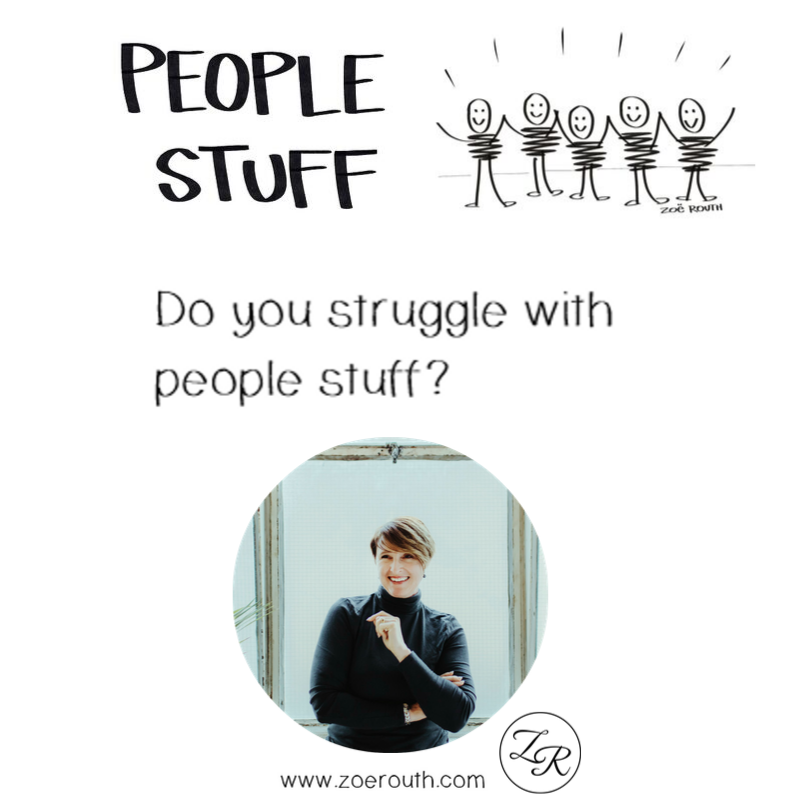The leaders I work with all supervise others. The majority also report to a supervisor themselves (be it the CEO, or if they’re the CEO, to the Board). They often mention a perennial challenge: relationship with their supervisor. Whether your boss is the CEO, or if you’re the CEO, relationships with those we report to can be challenging.
Then it struck me. If the leaders are all complaining about their supervisors, it’s also likely that their direct reports are also complaining about them.
What does this tell us?
We have a problem with supervisors.
Rather, supervisors have problems. Specifically, they have problems with people stuff.
Shawn Murphy, author of Work Tribes, reveals that an overwhelming 82% of leaders lack effective people skills. He says it’s a sign that organisations are under-investing in the leadership abilities of their leaders. The result? Massive disengagement and frustration amongst teams.
And that’s not good for business.
Here’s what I also know: leaders don’t think they are the problem. After all, they have the title, the experience, and the authority of leadership. Issues in the team are due to direct reports. Or colleagues. Or the board. Or stakeholders.
It’s time to hold the mirror up: as leaders, where might we be contributing to the problem?
Here are some signs that you might indeed be part of the problem:
- You haven’t done any development work on yourself in two or more years (training, coaching, or learning of some sort). Could be confirmation bias at work here: “She’ll be right, mate” attitude.
- You think you know enough already about leadership, you’ve done the hard yards. This is the expert trap: your cup of knowledge is so full, nothing else can get in! You are blind to new insights.
- You say you have other priorities right now. Here’s the thing. The capacity of the organization is limited by the capacity of the leader. You have a responsibility to the organization to develop yourself. Otherwise you are holding everyone back.
Here’s what you can do:
- Stay humble. Intellectual humility is one of the critical ways to avoid some cognitive biases.
- Stay curious. Being curious about, instead of dismissive of, others will help in exploring the true dynamics of what is going on.
- Stay the course. Leadership is a tough gig. Leaders don’t get a lot of thanks. There’s always a lot riding on you and your decisions. And we need good leaders. We need leaders like you who are passionate about contributing and making the world just a little bit better.
People skills aren’t soft skills; they’re leadership skills. Whatever else we do as leaders, we do it through and with people. Therefore people skills are the keystone leadership skills.
Are you making any of the telltale errors? Where might you improve? What will you commit to?
Related Articles:
How to influence without alienating others
Three ways to influence without authority
***

Zoë Routh is one of Australia’s leading experts on people stuff – the stuff that gets in our way of producing results, and the stuff that lights us up. She works with the growers, makers, builders to make people stuff practical and fun.
Zoë is the author of three books: ‘Composure – How centered leaders make the biggest impact’, ‘Moments – Leadership when it matters most’ and ‘Loyalty – Stop unwanted stuff turnover, boost engagement, and build lifelong advocates.” Zoë is also the producer of the Zoë Routh Leadership Podcast.


